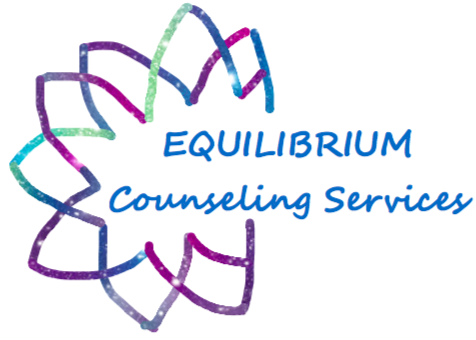Eating Disorder Awareness Month
February is Eating Disorder Awareness Month. Eating Disorders are complex mental and physical illnesses, affecting both the physical and mental wellbeing of those who have them. In this blog post, we’ll explore different types of eating disorders, treatment options, and how to raise awareness about eating disorders and the environmental factors that contribute to their development.
Types of Eating Disorders
According to the Diagnostic and Statistical Manual of Disorders (DSM-5), there are several types of eating disorders. Anorexia Nervosa is characterized by restriction of food intake and an extreme fear of gaining weight. Bulimia Nervosa is characterized by restriction of food intake as well as compensatory behaviors such as vomiting and laxatives. Binge Eating Disorder is characterized by episodes of eating large amounts of food in a small period of time and a sense of not being able to control doing so. Avoidant/Restrictive Food Intake Disorder (ARFID) is characterized by an avoidance of certain foods based on their sensory characteristics (taste, smell, etc.), fear of adverse consequences (vomiting, choking, etc.), and/or lack of interest in food and eating. It is important to note that while these diagnoses exist in the DSM-5, it is possible to have an eating disorder even if you do not fit perfectly into these categories. In fact, it is quite common to experience eating disorder symptoms but not fit into one specific diagnosis.
Possible Causes of Eating Disorders
Eating Disorders likely result from a combination of genetic, psychological, and environmental factors. Some factors that may contribute to the development of an eating disorder include social and cultural expectations around food and body, trauma, and food insecurity. It can sometimes be difficult to understand why one develops an eating disorder; however, the most important thing to remember is that it is not your fault if you have an eating disorder. If you are a parent with a child who has an eating disorder, that is not your fault either!
Treatment Options
If you think you or a loved one may have an eating disorder, there are a variety of treatment options available. You may find working with an eating disorder therapist helpful, as well as an eating disorder informed, “non-diet” dietitian. It may also be helpful to work closely with a medical doctor to ensure there are no medical complications to be aware of and treated. If outpatient care is not enough support, it may be helpful to consider reaching out to eating disorder treatment centers in your area.
Raising Awareness
Despite their prevalence, many people (and health care providers) remain uninformed about eating disorders. It is so important to educate yourself and others about eating disorders in order to increase awareness and increase access to resources for folks who are struggling. Environmental factors that contribute to the development of eating disorders, such as weight stigma, diet culture, and food insecurity, are especially important to call attention to. Some ways to increase awareness of these factors include speaking out against weight stigma, educating others about the harmful effects of diet culture, dismantling internalized fatphobia, and advocating for increased access to food for all.
Summary
Eating Disorders are complex mental and physical illnesses that affect people of all ages. They can manifest in a variety of ways, including Anorexia Nervosa and ARFID. While there are a number of factors that may contribute to the development of an eating disorder, it is important to remember that it is not your fault and there are treatment options available. February is Eating Disorder Awareness month, but it is crucial to raise awareness about eating disorders all year round in order to increase access to those of us who are struggling. If you are looking therapy for yourself or a teen with an eating disorder, you can learn more about me and book your first appointment here.
